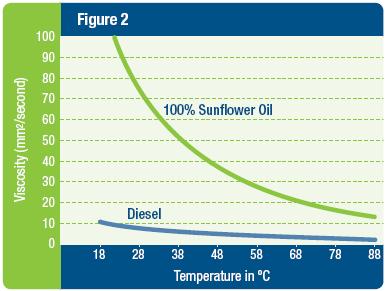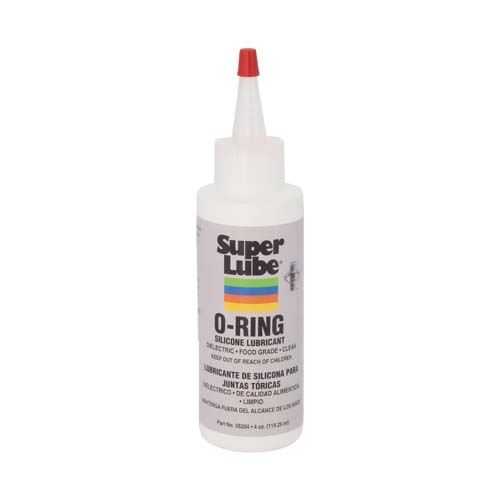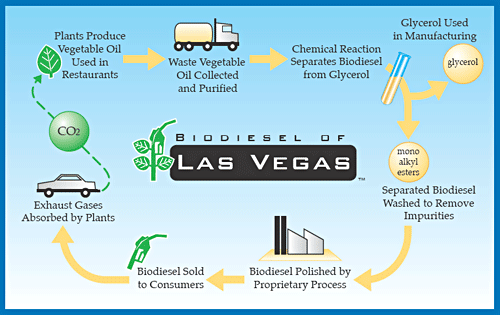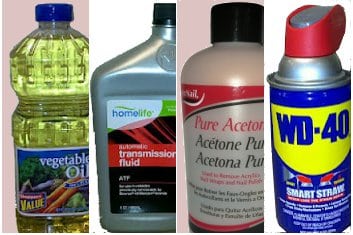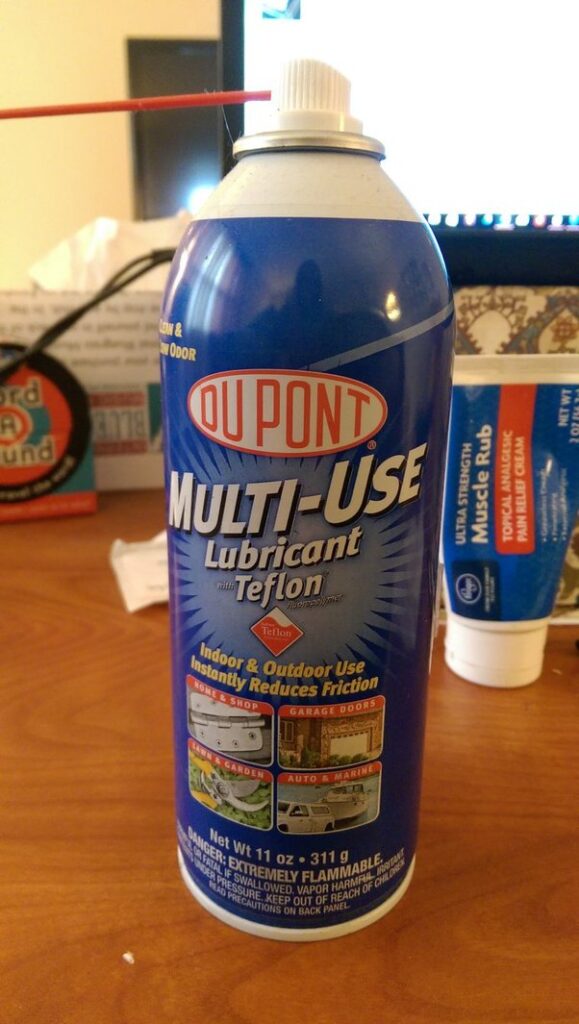Diesel Vs. Biodiesel Vs. Vegetable Oil: Eco-Fuel Showdown
Diesel, biodiesel, and vegetable oil are all fuels that can be used in diesel engines. Biodiesel is made from vegetable oils or animal fats and has different properties than straight vegetable oil, such as a lower boiling point and viscosity. While straight vegetable oil can be used as a fuel, it may require modifications to […]
Diesel Vs. Biodiesel Vs. Vegetable Oil: Eco-Fuel Showdown Read More »

